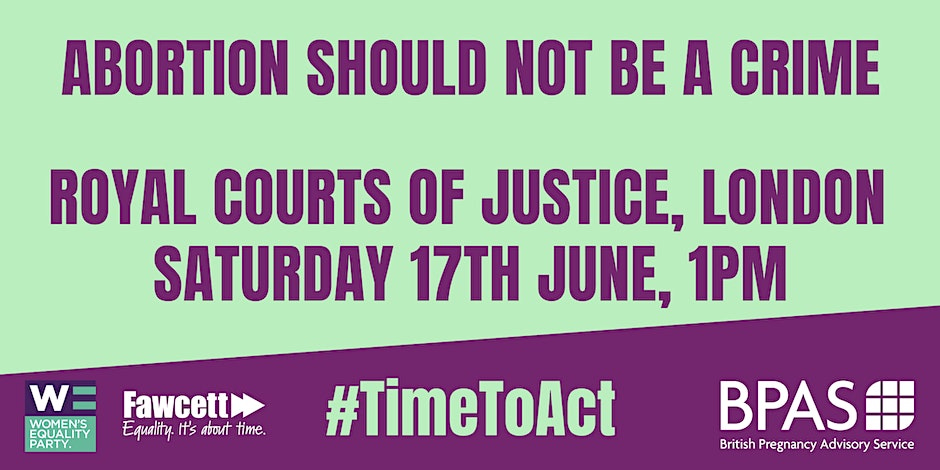Inside The Lords: bad laws, big debates and Boris...
Claire Fox on a week in parliament, and the hypocrisy of Covid 'truth telling' - plus Ann Furedi on abortion, and the freedom to forge our own fate.
In this week’s Inside the Lords, I look at interesting developments in the Gender Wars in parliament - with a historic Westminster Hall debate on the Equality Act. Also, the dilemmas of how far the unelected Lords should go in overturning decisions in the elected Commons. For example, what happens when the government introduces new protest laws that stretch the constitution? And finally, when criminal laws are on the statute book (however rarely used), we discover they can have shocking consequences - such as imprisoning a woman for messing up and breaching regulations surrounding a legal, medical procedure. If this worries you, there’s a real-life protest you can attend tomorrow.
You might notice that my report managed to miss the elephant in the room, ie Boris Johnson and the privileges committee. Perhaps this is because it feels so very much part of an internal Conservative Party civil war, gleefully exploited by those whose visceral hatred of a former Prime Minister associated with Brexit’s populist revolt in 2016 and 2019. In the end, I just hate this sort of self-referential, political bun fight.
But just for the record, regardless about where you stand on Boris and misleading parliament, there’s something gnawing at me: why has there been no outrage at a whole range of Covid-related misleading statements that were made in parliament by politicians at the time? Remember when we all discovered that the vaccine helped individuals but didn’t prevent transmission? Yet, despite knowing these facts on transmission, politicians on all sides supported sacking care-home staff who refused to have the vaccine. Indeed, ‘job or jab’ enthusiasts misled the public by claiming it would protect others.
There are so many examples - from the made up ‘facts’ on the ‘rule of six’ or the safe numbers allowed at funerals or weddings. And when it came to non-Covid harms associated with Lockdown – which were hiding in plain sight, such as the devastating impact on children deprived of education and social life or closing down the economy, or residents of care homes cruelly deprived of access to their loved ones – these were denied by those in power and the opposition. Those of us raising such issues were maligned, misleadingly branded as anti-science and worse. And don’t get me started on official misinformation on the efficacy of masks. Meanwhile, the government-backed Nudge Unit admit that they ramped up fear to enforce Lockdown compliance, wilfully misleading citizens about risks. So, if we now cherish truth, let’s admit that too many who condemn Boris (and he may well deserve it) were unforgivably cheerleaders of tactics to knowingly mislead the public. Yet the Privileges Committee seem indifferent to those grievous mistruths uttered in parliament. Grrr.
Anyway, back to Inside The Lords…
Abortion and the freedom to forge our own fate
A Letter on Liberty by Ann Furedi
Debates about abortion tend to focus on the fetus; they consider when human life in the womb begins - or perhaps when it begins to matter, legally and morally. In this Letter, I want to consider a different human life - that of the woman. Because however we think about the fetus or embryo, surely no one can reasonably insist that when a woman becomes pregnant, she should lose the value and dignity that she had before. Part of that dignity is the right to make private decisions for herself.
The future of a woman’s pregnancy should be for her alone to decide, and this decision ought to be regarded as personal and private. The laws that govern abortion should pertain only to other approximate clinical procedures, and they should be proportionate to the clinical risks she might face. The substantive matters that relate to abortion are moral matters that draw on how a woman considers, weighs and balances her life, and the life in her womb.
A pregnant woman is suddenly faced with the question of her own autonomy, and who she will or will not become. Who should decide the course her life will take? And where should the power of the state stop in those decisions? If we believe in freedom, the answer is clear - only a woman can take charge of her own private decisions, whether to become a mother or not.
To interfere would be to violate the privacy of her conscience and her right to self-determination…



